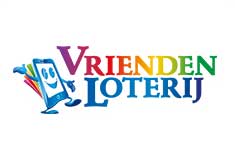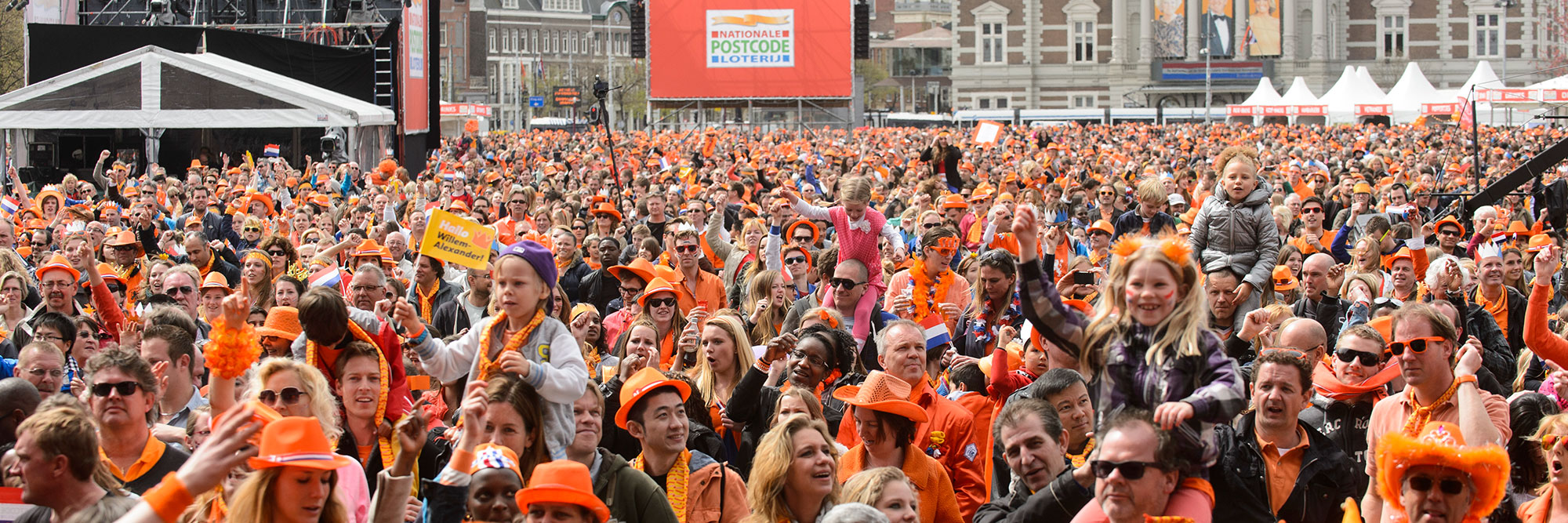The Netherlands



The Dutch Postcode Lottery, the BankGiro Lottery and the FriendsLottery were established to raise funds for charities. Half of the price of every ticket sold goes to charity (in 2017, this was €491 million). The Dutch Postcode Lottery supports people and planet, the BankGiro Lottery supports culture and the preservation of cultural heritage in the Netherlands and the FriendsLottery supports social initiatives (charities, clubs and associations) that focus on health and well-being, also through sport.
At the end of 2017, in the Netherlands, 3.8 million households were playing the Charity Lotteries. At an average of 1.5 tickets per household, that makes more than 5.7 million tickets per month bought for the three Charity Lotteries.
The Dutch Charity Lotteries are non-profit organisations: half of the revenue goes straight to charity. The other half covers prize-money and costs. The three lotteries come under the holding company Nationale Goede Doelen Loterijen N.V.
Sweden
 The Swedish Postcode Lottery started in 2005, following three years of preparation. It has grown rapidly since 2006 and donates 32 % (in 2017) of its income to about 50 charities (2017: 55 charities). Since its start, the lottery has donated €904.8 Million to charities and their projects at home and abroad. According to the Swedish Gambling Authority, the Swedish Postcode Lottery is the largest charity lottery in Sweden considering both terms of turnover and contribution to charities.
The Swedish Postcode Lottery started in 2005, following three years of preparation. It has grown rapidly since 2006 and donates 32 % (in 2017) of its income to about 50 charities (2017: 55 charities). Since its start, the lottery has donated €904.8 Million to charities and their projects at home and abroad. According to the Swedish Gambling Authority, the Swedish Postcode Lottery is the largest charity lottery in Sweden considering both terms of turnover and contribution to charities.
The total investment on the part of Novamedia was € 28 Million. The current number of tickets in use (end of 2017) is more than 1.7 million.
Great Britain

People's Postcode Lottery was first piloted in the north of England in 2005. Three years later, in 2008, it was launched in Scotland and since 2010 it has been operating throughout Great Britain.
People’s Postcode Lottery supports charities across Great Britain and internationally. Thanks to over 2 million players of People’s Postcode Lottery, more than £263 Million has been raised for good causes and charities so far and £31 Million of those funds have been distributed to local community projects and programmes since 2009.
Germany
The German Postcode Lottery was launched across Germany in the summer of 2016. The first draw took place in October 2016. The lottery supports charities in Germany by donating 30% of the funds it raises proportionate to the number of participants in each federal state. Novamedia is carrying all the risks and expenses associated with getting this charity lottery off the ground.
The charity lottery permit is governed by numerous obligations and restrictions in relation to national lotteries in the federal states of Germany. Examples of what this involves include the limited size of the main prize (max. €2 Million), restrictions on the costs incurred and the high lottery tax level on the funds raised (16.67%), a minimum contribution towards charity (30%), rules governing proportionate donations according to the number of participants in each federal state, conditions governing the organisations able to receive donations in Germany, and the permit’s term of validity. Subject to these strict conditions and restrictions, the German Postcode Lottery will try to raise as much money as possible for charities in Germany.




.jpg)











 There is no change without them.
There is no change without them. 











 These charities always win the lottery
These charities always win the lottery
 Allard Stapel
Allard Stapel
 Winning together
Winning together